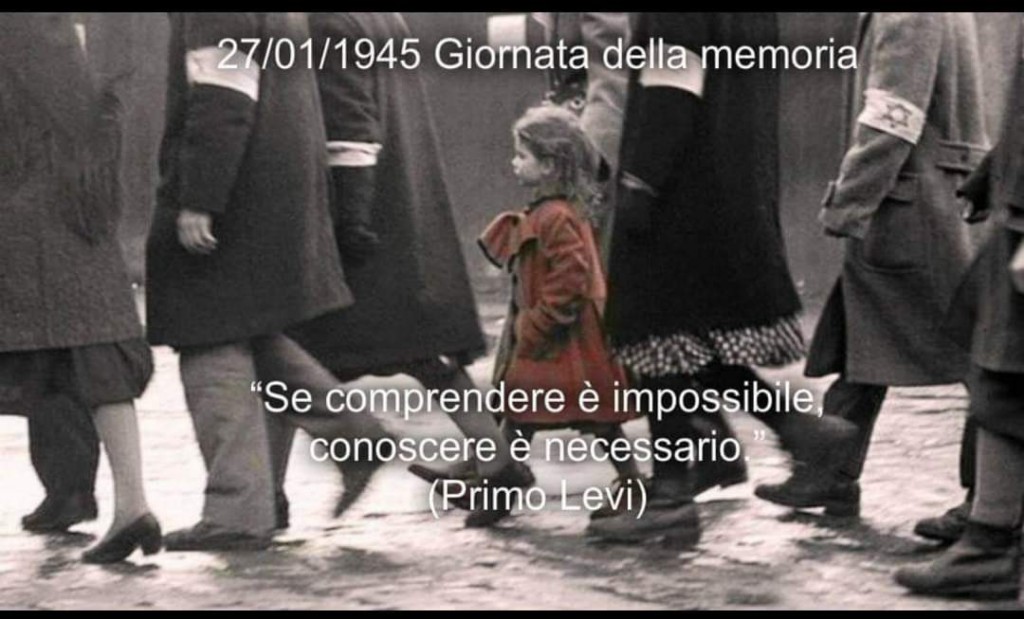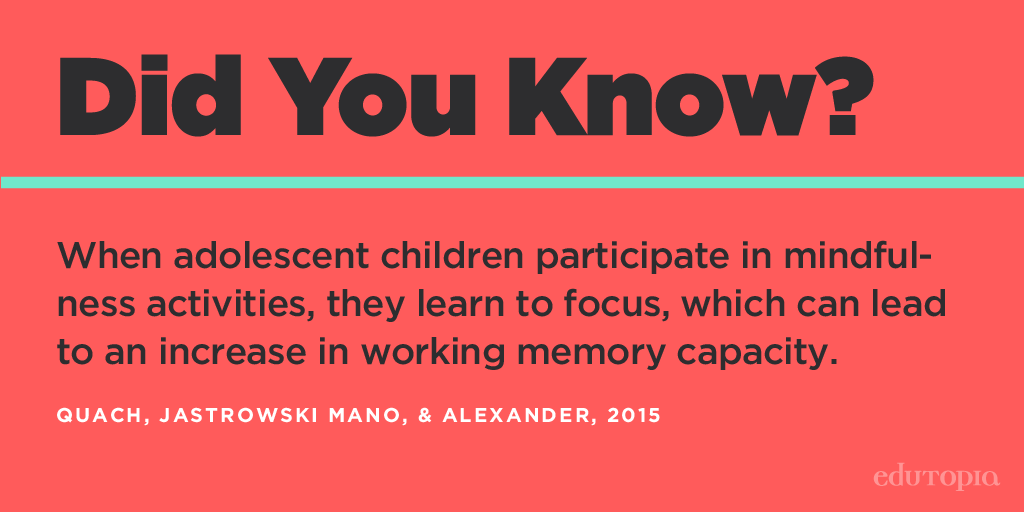Zhang M, Jia J, Yang Y, Zhang L, Wang X. Effects of exercise interventions on cognitive functions in healthy populations: A systematic review and meta-analysis. Ageing Res Rev. 2023 Nov 3;92:102116.
American College of Sports Medicine (ACSM) indicate that several exercise variables should be assessed when considering exercise prescriptions to improve the cognitive health of the brain; they proposed the FITT-VP principle as a reference, defined as:
- exercise frequency (how often)
- intensity (difficulty)
- time (duration of each bout of exercise)
- type (of exercise)
- volume (total amount of exercise per intervention)
- progression (change in difficulty in an exercise program over intervention time)
- whether chronic exercise interventions may affect various cognitive functions of individuals in the general population from childhood to adulthood and into older age
- how each of exercise variables further moderating this relationship
- in healthy populations of children and youths (ages 6–17 years old), adults (ages 18–60 years old), and elderly adults (ages >60 years)
- For exercise duration, moderate and long exercise durations (p < 0.001) both had significant effects on cognition.
- Low and moderate exercise frequency both had significant effects on cognition.
- Some of the assessed cognitive domains benefited positively from exercise interventions. Specifically, global cognition (p<0.001), executive function (p = 0.01), and memory (p = 0.01) showed statistically significant differences compared to the control groups, whereas no statistical significance was found for attention (p = 0.14) and information processing.
- Global cognition needs aerobic exercise, moderate duration,, moderate frequency, moderate intensity.
- Executive function need resistance exercise, low frequency and moderate length intervention.
- Memory requires mind-body exercise, moderate duration, moderate frequency, high-intensity exercise and moderate intervention length.
- Attention and information processing need low-intensity and moderate frequency exercise.
- Global cognition, executive function, and memory performances were significantly improved in older participants.






